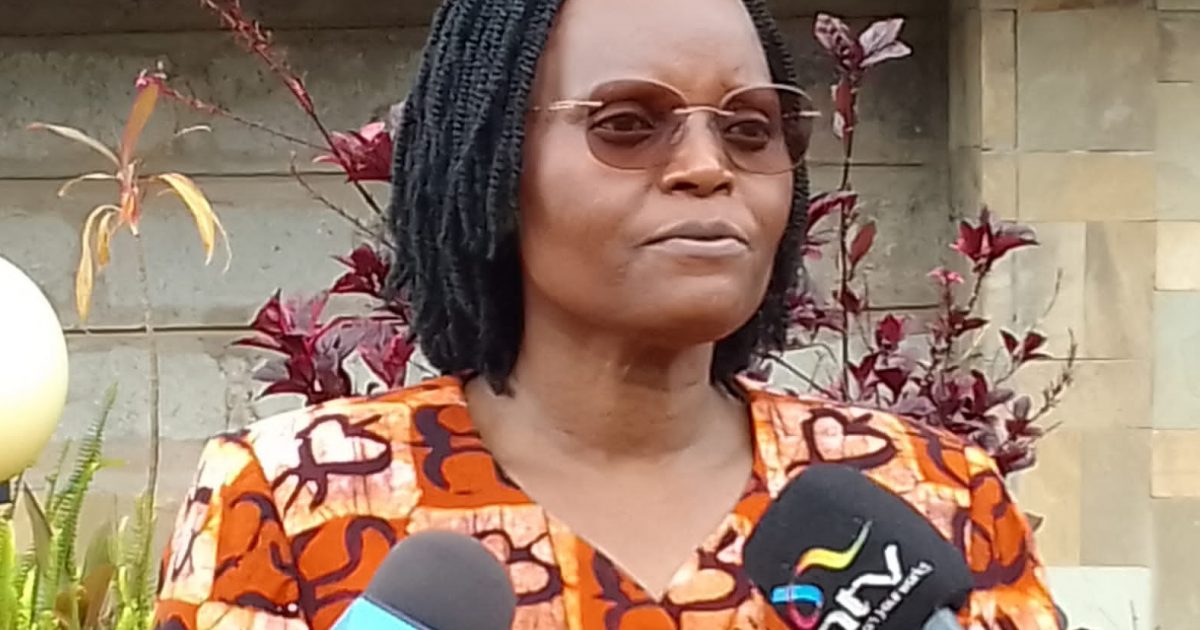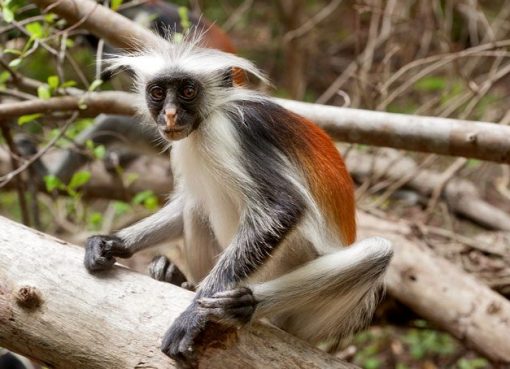A team of experts has expressed confidence in the safety of foods produced through biotechnology.
The experts who met agricultural officers among other stakeholders in Murang’a explained that biotechnology is a safe method to attain food security since it enhances food production.
Director of International Service for Acquisition for Agri-Biotech Applications Prof. Margaret Karembu downplayed misinformation peddled on Genetically Modified Organisms (GMO) technology saying the method is widely used especially in developed nations.
“94 per cent of farmers in the United States of America have adopted the use of biotechnology in food production. In Europe, despite some countries importing organically produced foods from Africa, they have widely embraced GMO,” she stated.
In Kenya, the Professor noted that BT cotton which was introduced in 2020 was being grown in some parts of the country and the crop was doing well.
“GMO foods are scientifically proven safe. We appreciate adopting and growing BT cotton in some parts of Kenya and we want farmers to also adopt other GMO crops,” added the expert.
Karembu noted that experts have organized engagement forums with county governments in efforts to champion issues related to best practices in food production.
“We are exploring and advocating best farming practices for both biotechnology and organic farming targeting increased food production. Currently, we are engaging county governments, universities and farmer groups in exchange programmes dubbed Africa Science Dialogue, with the aim of adaptation of best farming practices,” he added.
Karembu noted that it’s high time for the country to adopt GMO technology so as to achieve food and financial security for farmers.
“Biotechnology can help in developing crop varieties that are resilient to dry weather conditions. Climate change has led to decreased rainfall and this poses a challenge to rain-fed farming,” she remarked.
National Biosafety Authority CEO Dr. Roy Mugiras on his part said that GMO technology would produce innovations that would provide solutions to food insecurity in the country.
He divulged that BT maize once rolled out in the country would withstand drought conditions as well as be disease resistant.
“Players in biotechnology are always monitoring all innovations in the sector to ensure GMOs are safe,” he added.
Murang’a County Executive Member for Agriculture Prof Kamau Kirangai asserted that the county administration was exploring various ways to increase food production.
He noted there were plans to embrace modern technology to make parts of the county which receive minimal rainfall food secure.
Kirangai said adoption of biotechnology in agricultural activities could help the counties to be food secure after decades of struggle.
He observed that Murang’a County Integrated Development Plan 2018-2022 reflects that 60 per cent of the economic activities were centered in agriculture, with above 70 per cent of the residents benefitting directly and indirectly from farming.
“The county government has partnered with Murang’a University of Technology (MUT) in carrying out research to address challenges facing farmers and to increase food production,” said the CEC.
By Bernard Munyao





